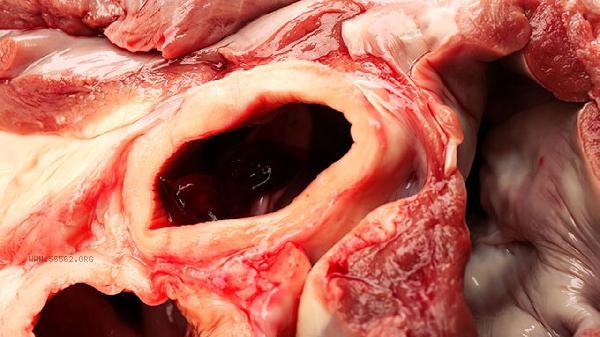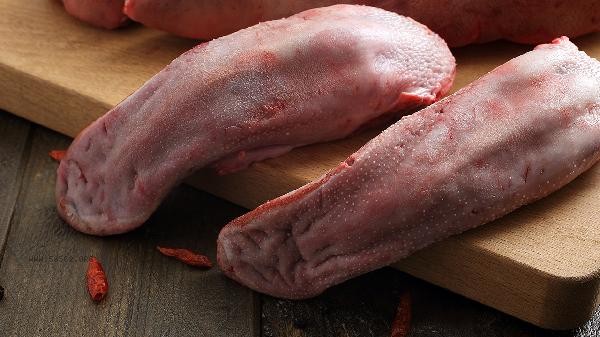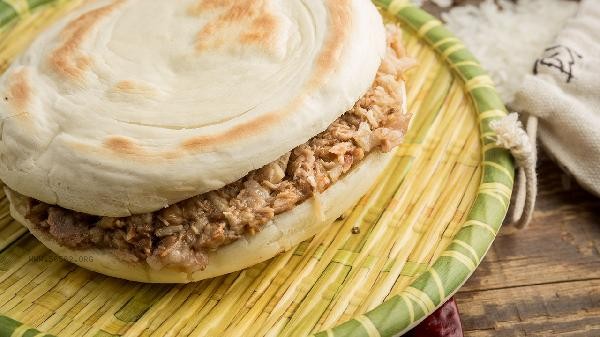The fact that pork, like tendons, cannot be chewed thoroughly may be related to factors such as meat quality, cooking methods, storage conditions, processing techniques, and animal age.

1. Meaty parts
Pig leg meat, shoulder and neck meat, and other parts with high exercise volume have more connective tissue, thick and hard muscle fibers, especially the insufficiently segmented fascia and tendons. This type of part is suitable for long-term stewing or high-pressure processing, and direct stir frying can easily lead to difficulty chewing.
2. Cooking method
Quick stir frying over high heat or short frying time is difficult to break down collagen. It is recommended to use low-temperature slow cooking, braised or steamed over water. Acidic seasonings such as vinegar and pineapple juice can help soften meat, but excessive sourness can lead to protein tightening.
3. Storage Conditions
Loss of cell fluid during thawing of frozen pork can lead to fiber dehydration and discoloration, and repeated freezing and thawing can exacerbate texture hardening. Pork stored in refrigeration for more than 3 days may also have reduced enzymatic hydrolysis, which can affect its tenderness.

4. Processing technology
The muscle fiber structure of pork with water injection is damaged, and a rubber like feeling is prone to occur after cooking. Some pre processed meat products may have excessive water retaining agents added, causing the meat to lose its normal elasticity.
5. Animal Age
Aging pigs have high levels of cross-linked collagen in their muscles, and their meat is inherently harder. When male pigs are not castrated, male hormones promote connective tissue proliferation and affect taste.

Choosing the appropriate cooking method is the key to improving the taste of pork. It is recommended to stew tendon meat and other parts in a clay pot over low heat for more than 2 hours to convert collagen into gelatin. Fresh pork should be refrigerated for no more than 48 hours to avoid repeated freezing and thawing. Pay attention to the color and elasticity of the meat when purchasing, and avoid choosing meat products with dull color or slippery surface. Paired with natural tender meat ingredients such as papaya and ginger, it can enhance the softening effect of meat.









Comments (0)
Leave a Comment
No comments yet
Be the first to share your thoughts!